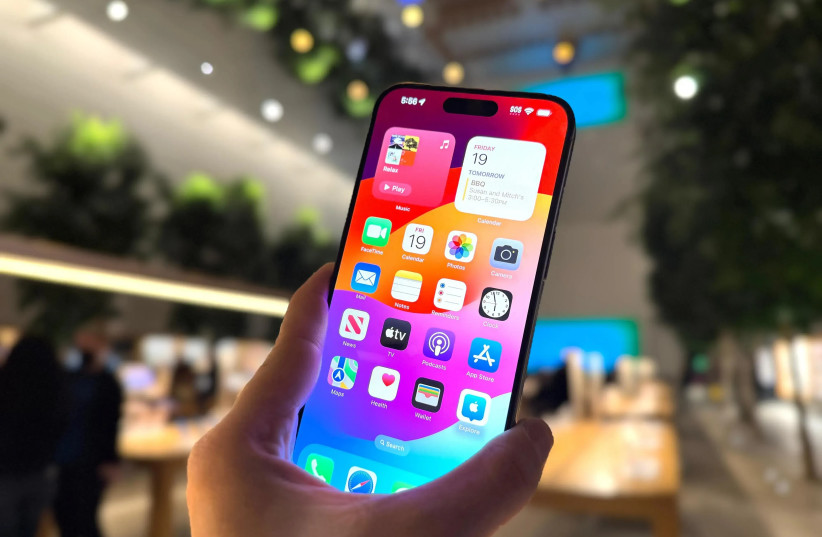Apple recently began rolling out the iOS 17.3 update, which introduces a new feature called "Stolen Device Protection." This feature aims to make it challenging for thieves to carry out unauthorized actions, even if they manage to obtain your passcode.
A recent Wall Street Journal article highlighted the issue of criminals who try to acquire smartphone passcodes to steal devices. While manufacturers have enabled remote locking and tracking capabilities in case of theft, preventing the device from being used again by the thief has remained a significant challenge in the industry.
So, what does Apple's new update bring?
The "Stolen Device Protection" feature further strengthens iPhone and Apple ID security by requiring Face ID or Touch ID authentication for specific actions, eliminating the option to use the access code. This added layer of security enhances privacy even during regular device usage. For instance, you must authenticate your identity through biometric authentication to view saved passwords, reset default settings, and access credit card details within the Safari browser.

Additionally, a new feature called "Security Delay" adds another level of protection. Sensitive actions, such as modifying the access code or changing the Apple ID password, now require verification through Face ID or Touch ID. A waiting period of one hour is imposed before these changes can be made, ensuring that the device is not tampered with without the authorized user's consent. Successful completion of additional biometric verification is also necessary to complete the process.
With these advancements in iOS 17.3, Apple is taking significant steps to enhance device security and protect users' personal information.
